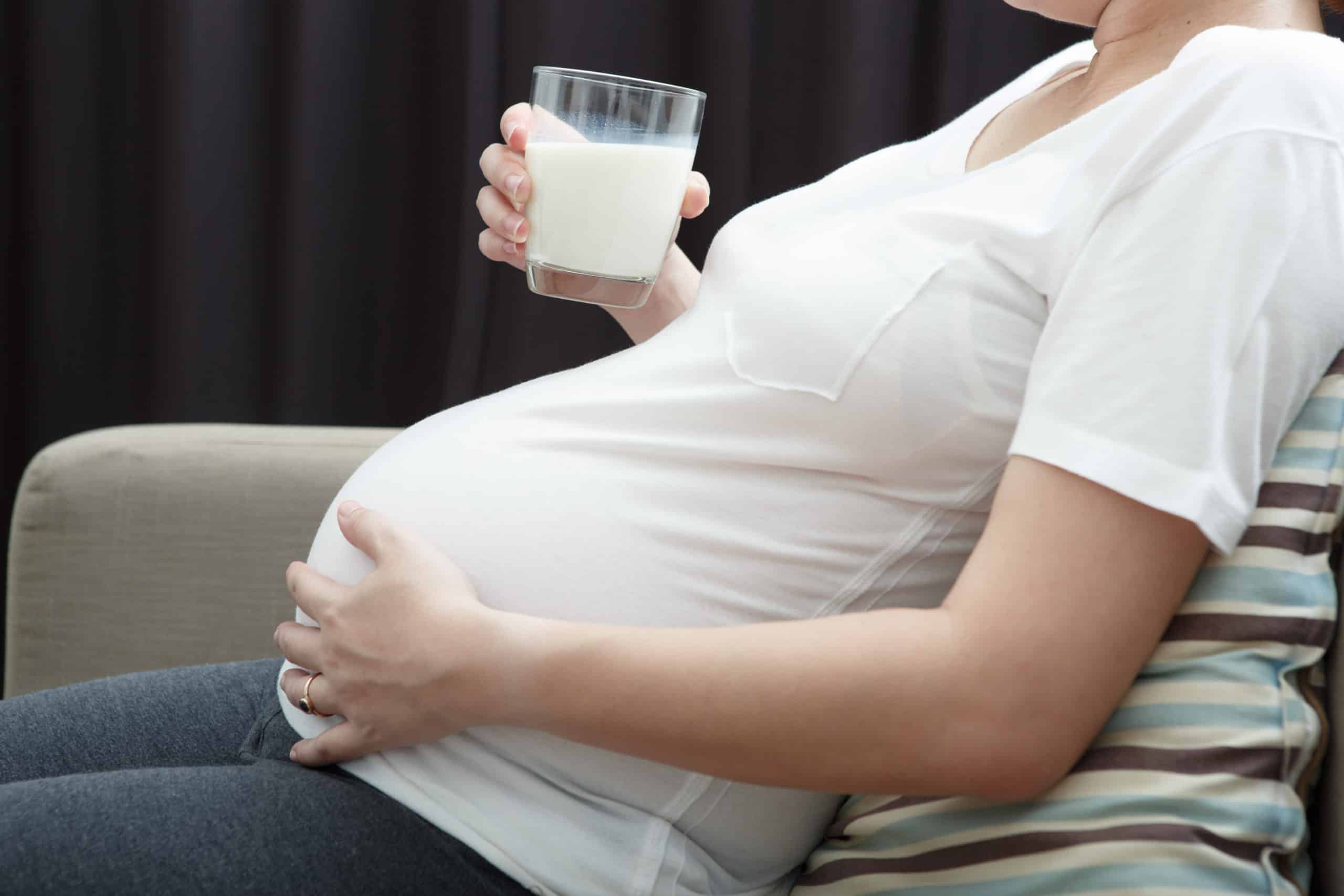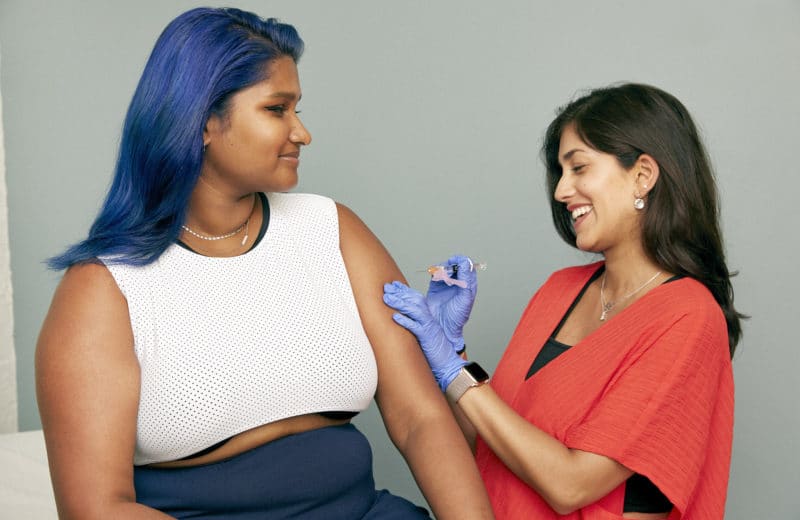Folic acid has long been touted as an important supplement for women of childbearing age for its ability to prevent defects in the baby’s developing brain and spinal cord. In fact, folic acid is considered so important that it is added as a supplement to breads, pastas, rice and cereals to help ensure that women are exposed to sufficient amounts of this nutrient even before they know they’re pregnant.
Another prenatal supplement could protect against a certain type of autism, according to recent research. The supplement is called carnitine, and it is already available in the market.
Carnitine, which the body can manufacture itself or extract from dietary sources, is required for transport of fatty acids into mitochondria — the compartment within the cell that converts these fats into energy. The latest findings show that genetic defects in the body’s ability to manufacture carnitine might be associated with an increased risk of autism because carnitine deficiency interferes with the normal processes by which neural stem cells promote and organize embryonic and fetal brain development.
The study’s lead author, Zhigang Xie, Ph.D., assistant research scientist at the Texas A&M Health Science Center College of Medicine, has refined a new technology that allows him to mark, follow and analyze individual neural stem cells in their native environment in a real developing brain. “It’s very difficult to study neural stem cells in their complex natural environment,” Xie said. “But now we have a technology that makes such studies possible.”
The researchers found that neural stem cells unable to produce carnitine don’t behave properly and are inappropriately depleted from the developing brain. But when genetically at-risk neural stem cells are supplied with carnitine from an outside source, they don’t have the same problems.
Some pregnant women might absorb enough carnitine from their diet so as to make normal enzyme function less important in the context of autism risk for their babies. High levels of carnitine can be found in red meat, and one of the best vegetarian sources is whole milk. Women who don’t ingest sufficient carnitine, however, might be placing their unborn child at risk.
“In retrospect, this preventative approach seems obvious,” Bankaitis said. “But, metabolic deficiencies are complicated scenarios to interpret, and we believe these complexities obscured what will hopefully prove to be a rather simple path toward prevention.”
(A Wellness Update is a magazine devoted to up-to-the minute information on health issues from physicians, major hospitals and clinics, universities and health care agencies across the U.S. Online at www.awellnessupdate.com.)













